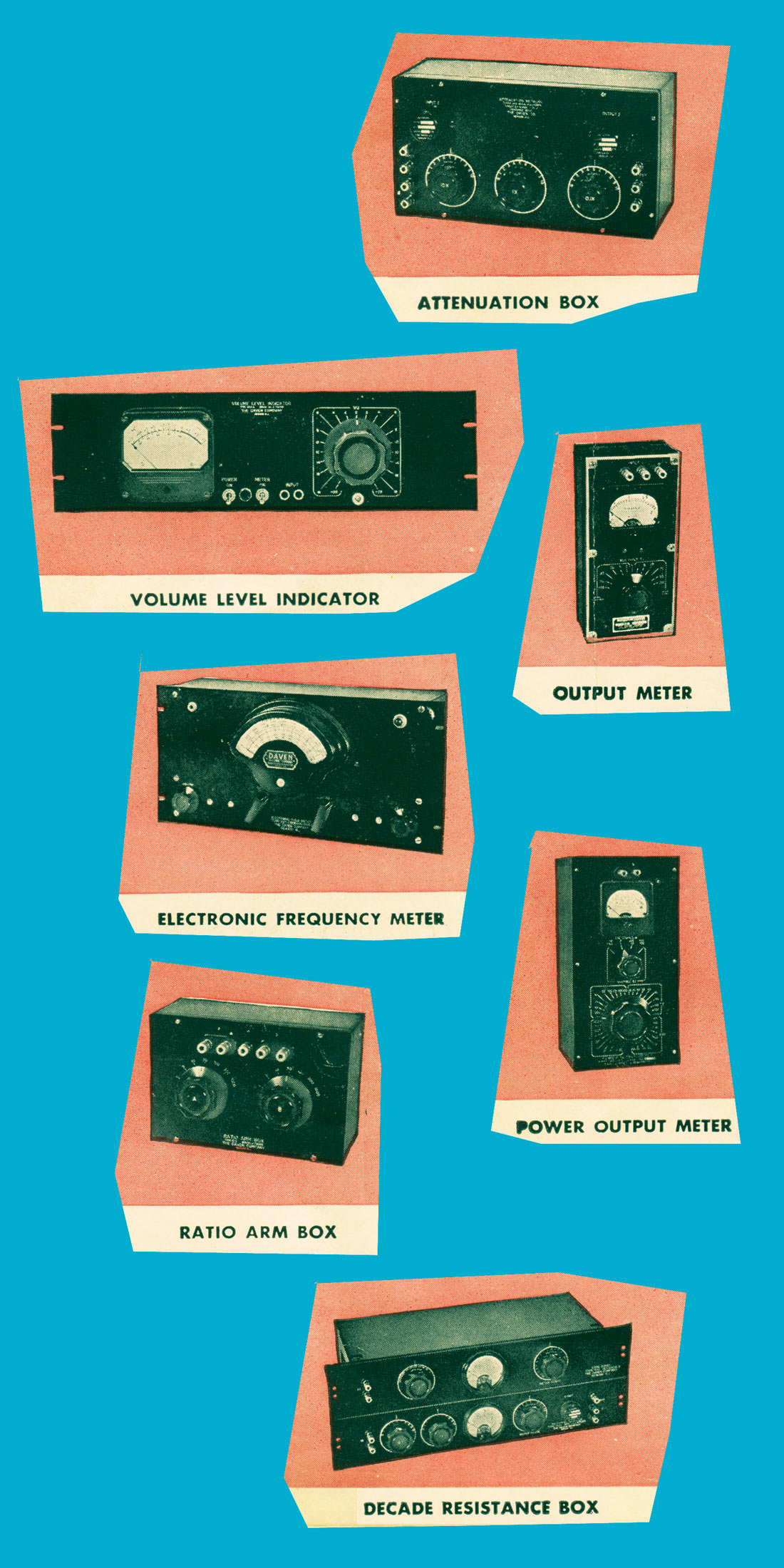There's been some grumbling on the Internet amongst fans of The Clash claiming that the band's lavish new box set, Sound System, is a pricey totem more befitting the perennially reissued Rolling Stones than these punk rock icons. But since frontman Joe Strummer's passing in 2002, The Clash have increasingly attained the legacy status afforded The Beatles, the Stones, and their like. This West London band have become elder statesmen and rock icons to successive generations, whether those aging punk fans realize it or not. Their intense energy at the dawning of punk in 1976, and seemingly effortless evolution over the next seven years, made them ripe for constant re- evaluation and revisiting. That makes Sound System a vast, sprawling, fantastic box set; and they're one of the few bands of the late-1970s and early '80s deserving of such attention. "This is it. This is the final word, in my opinion," Paul Simonon, the man who is so famously captured smashing his bass on the cover of The Clash's London Calling, told me. "The design was based on my old boombox," Simonon said of the fabulous pop objet d'art, a hefty, flip-top carton resembling the ghetto-blaster tape players the band used to lug around on tour. "I photographed my old boombox, did a mock-up, and took it in to the record company. They said, 'Well, that's very nice. But where do the CDs go?' I chuckled and said, 'You understand it's a mock-up, right?'"
The faux boombox contains the Clash's core five albums, plus three bonus CDs containing singles, rarities, live cuts and unheard early demos. A DVD of previously unseen footage (shot by Don Letts and Julien Temple) also contains the band's videos; though, oddly, the promo videos don't always use the remastered audio. There is also a load of non-musical memorabilia, like badges, posters, and stickers. Reprints of The Clash's 'zine, The Armagideon Times, rounds out the collection. There's also a new issue, edited by Simonon, containing rousing memoirs by The Clash and the key members of its inner circle.
Most importantly the music, remastered by guitarist Mick Jones and The Clash's longtime studio hand, Tim Young, sounds fantastic. The early recordings by the band were laid down rough and on the cheap, but Jones has utilized the original master tapes (in some cases for the first time), as well as the latest advances in mastering technology, to get the most out of those tracks. On later works, including London Calling, Sandinista!, and Combat Rock, the band were creating epic soundscapes. With the new tape transfers and remastering the sound is warmer and clearer than ever before. All along the way the band were ably aided by engineers and producers, like Simon Humphrey, Corky Stasiak, Bill Price, Joe Blaney, Lee "Scratch" Perry, Sandy Pearlman, Guy Stevens, Mikey Dread, and Glyn Johns - some of the best.
"To be honest, the way I understand it is that the last time they did a remastering job, back in the 1990s, part of the playback head was missing and some of the information was lost in the transfer process [I don't know what he could mean either. -LC]. So it was really important to go back to the original tapes and transfer them again to get absolutely everything. [For the albums,] these are not the demos or the outtakes; these are the actual recorded works," Jones said of the remastering process. "We had to bake the tapes and then we transferred them at the highest resolution possible. I listened to everything we had done, and then tackled them one by one," Jones told me. "It's partly down to the massive advances in mastering technology, but it's also due to the engineer, Tim Young. Tim has a real history with the band. He had a feel for not only what it could be, given the technology, but also what it should be. With the technology we have today, and the work Tim has done on the set, this is really as close as you can get to the masters as we recorded them. I think one of the great thrills of Sound System is that you're hearing music you know and love, but you're also hearing things that you've never heard before. That's a thrill, I know, as a fan. I'm so pleased with that."
"With those kinds of advancements, in 50 years time you'll be able to hear us breathing," Simonon chimed in jokingly.
So why do The Clash - famously called "the only band that matters" back in the day - still matter? One listen to Sound System - or even Hits Back, the new "best of "based around Strummer's handwritten set list from a 1982 show at London's Brixton Academy - and it's obvious. The band evolved rapidly, and remarkably, over the course of its existence, often far ahead of its audience. Certainly they were too far ahead of the record company brass and radio programmers, who were regularly stymied by the latest offerings from the band.
"We had no sense of all the change going on in our music, or even the momentum we had," Simonon said. "We were living a 24-hour lifestyle. We lived and breathed it."
It's about time for this band to take its rightful place next to the giants of the last 50 years of rock 'n' roll history.




_disp_horizontal_bw.jpg)